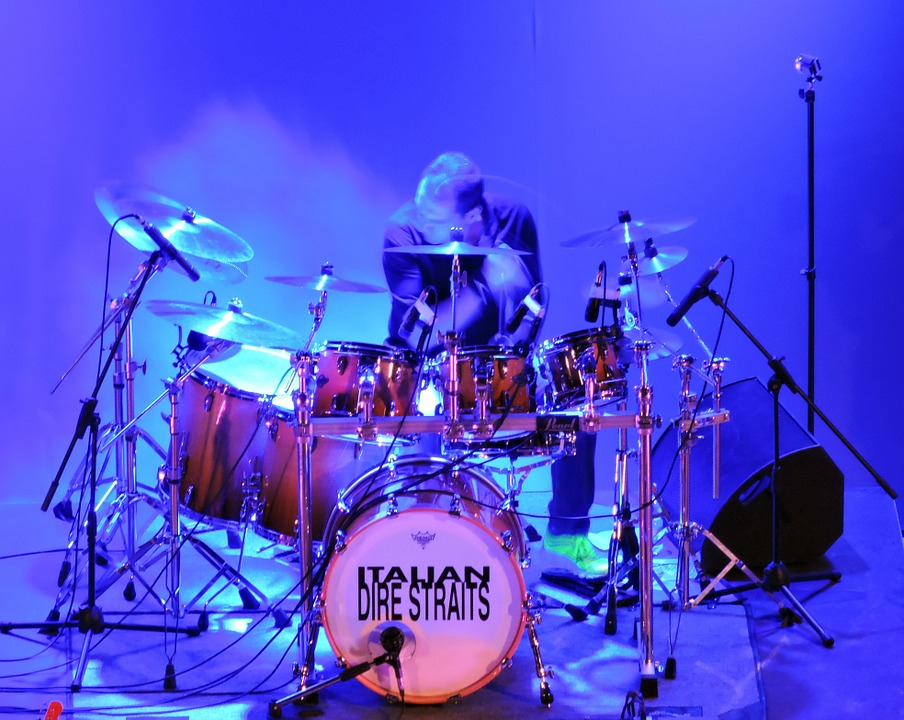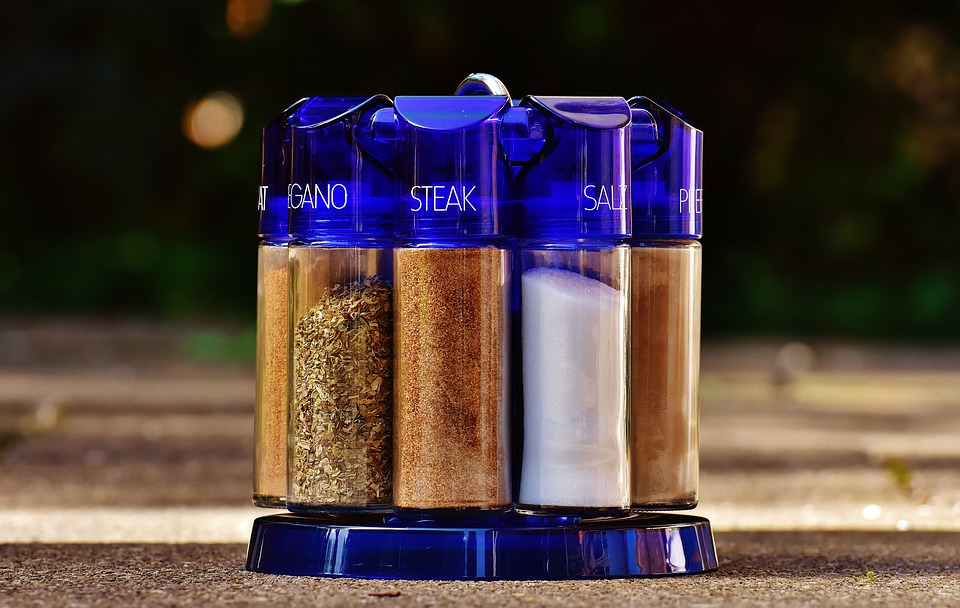
Three Confusing Spellings Explained
We understand. You’ve been under a lot of strain recently. A proofreader’s job is not always easy. And sometimes the wrong spellings look so right. But don’t be fazed by or rack your brain over the constrictive straitjacket of spelling. Instead, join us for a look at the origins of these three confusing words, as we explain why they’re spelled the way they are.
Fazed vs. Phased
The noun phase (i.e. a stage of a process) is widely used. It can also be a verb, meaning carry out in phases, while phase in means to introduce in stages. For instance:
The new system will be phased in over several months.
If, however, a client is talking about being daunted or disturbed, the correct word is fazed. This term first arose in 1830 as a US variant of the outdated word feeze, a Kentish dialect term meaning alarm or scare off. This was drawn from the Old English fesian, meaning drive away.
Straitjacket vs. Straightjacket
OK, we admit it: straightjacket is now a widely accepted variant of straitjacket. However, it’s not how it was originally spelled. And if you’re proofreading formal writing, such as an academic or business document, it’s typically best to use the traditional spelling.
Originally, the term straitjacket came from the word strait, meaning narrow or tight. This is not common in modern English (certainly not compared to straight), but we still use it to refer to a narrow stretch of water. We also use it in terms such as strait-laced and dire straits.

Can you think of anything hipper than a Dire Straits tribute act? We’ll wait.
Rack vs. Wrack
Like faze and phase, both rack and wrack are real spellings of words with real uses. They are, however, even more troublesome, since their meanings could be said to overlap. Certainly, though, neither is something you would want done to your brain.
Rack can be traced to the Old English verb recken, meaning stretch out. This lent its meaning to the Middle English rack, which referred to a frame on which something was stretched out. And soon this term was applied to a frame on which people were stretched out and the act of stretching them. It is, in fact, this form of torture that gives us the term rack your brain. Your mind is experiencing strain, like someone being tortured on a rack.
The word wrack, meanwhile, is thought to have come from the Middle Dutch wrak, meaning wreck. This led to the use of wrack in English as a verb meaning to destroy and as a noun to refer to a shipwreck. It is seldom used now except in phrases that reflect this nautical origin, such as wrack and ruin or storm-wracked.
However, language changes over time and now wrack is often accepted as an alternative spelling of the verb rack, meaning cause strain or pain. When used as a verb, then, these spellings are interchangeable. The noun forms, on the other hand, are not. So unless you found it in pieces at the bottom of the sea, you probably shouldn’t call this a spice wrack.

Smell that salty, steaky, oreganoey sea air!
Becoming A Proofreader
Want to refresh your proofreading skills? Check out our range of comprehensive proofreading courses.



